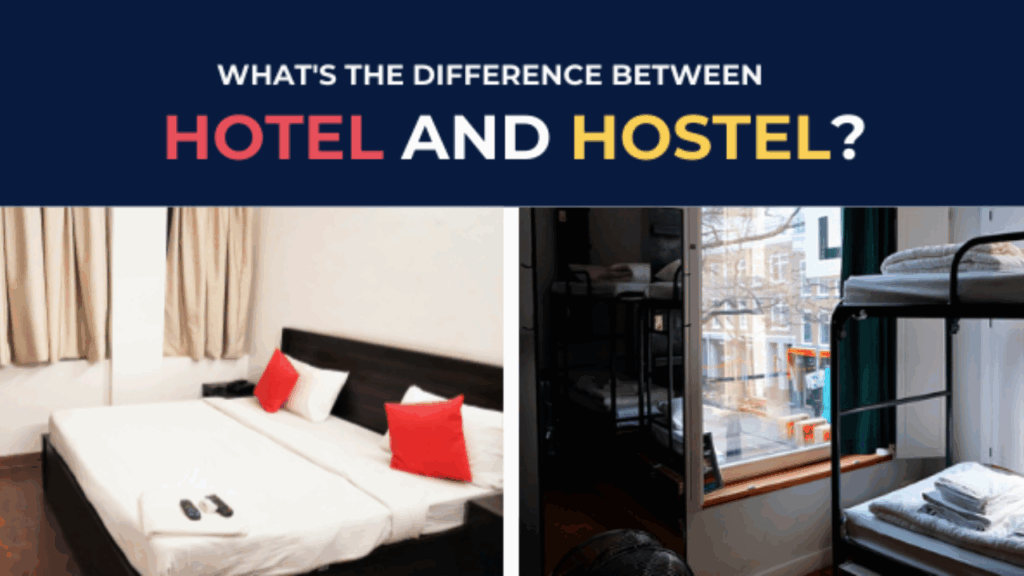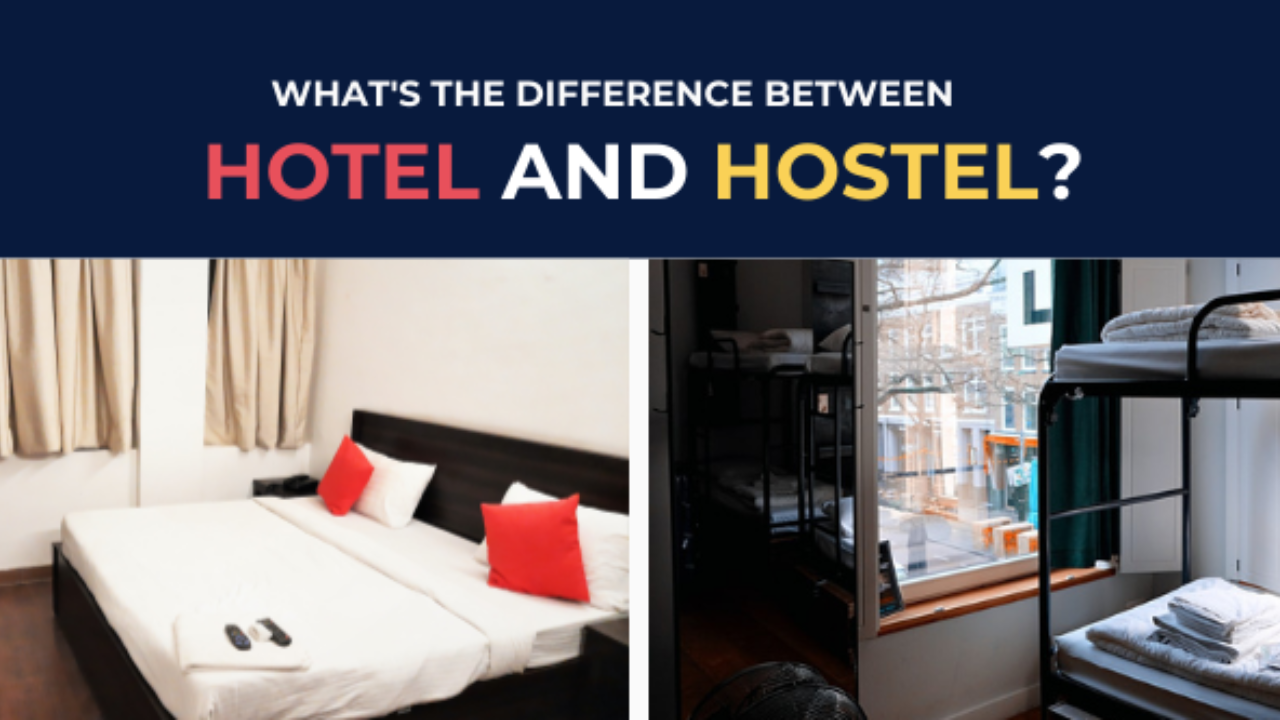
Travel habits are changing rapidly, and with that shift, hostels are rising in popularity over traditional hotels. Once considered budget-only options for backpackers, hostels have transformed into vibrant, stylish, and community-driven spaces that appeal to travelers of all ages and backgrounds. From affordability to social experiences, hostels are rewriting the rules of accommodation and steadily becoming the preferred choice over hotels.
The Changing Face of Hostels
Hostels were once synonymous with shared bunk beds and bare-bones facilities. However, today’s hostels combine affordability with modern amenities. Many now offer private rooms, coworking spaces, rooftop lounges, and even boutique-style interiors. This evolution has made them attractive not just to young travelers but also to professionals, digital nomads, and families seeking value for money without compromising on comfort.
Why Hostels Are Becoming More Popular than Hotels
1. Cost-Effectiveness
Hotels can be expensive, especially in prime locations. Hostels provide accommodation at a fraction of the cost, making them highly appealing to budget-conscious travelers. Even private hostel rooms are often cheaper than basic hotel rooms, offering excellent value.
2. Community and Social Interaction
Unlike hotels, which are often private and isolating, hostels foster interaction. Shared common areas, dormitories, and group activities encourage travelers to meet like-minded people. This community spirit is a major draw, particularly for solo travelers who don’t want to feel alone on their journey.
3. Flexible Accommodation Options
Today’s hostels are not limited to dormitories. Many offer private rooms, family suites, and female-only dorms. This flexibility makes them suitable for a wider audience while still maintaining affordability.
4. Ideal for Digital Nomads
With the rise of remote work, many hostels now provide high-speed internet, coworking spaces, and networking events. Hotels may offer Wi-Fi, but they often lack the social and collaborative atmosphere that hostels provide for long-term stays.
5. Unique Experiences and Local Culture
Hostels often host cultural nights, cooking classes, and walking tours, helping guests immerse themselves in local traditions. Hotels, in contrast, can feel standardized and less connected to the local community.
6. Modern Facilities with Creative Designs
From rooftop cafes and game zones to yoga studios and art walls, hostels are designed to be fun and engaging. Many boutique hostels rival hotels in design while remaining significantly more affordable.
Overview Table
| Feature | Hostels | Hotels |
|---|---|---|
| Cost | Affordable, budget-friendly | Expensive, especially in prime areas |
| Social Interaction | High – shared spaces, group activities | Low – private and individual focus |
| Accommodation Options | Dorms, private rooms, family suites | Single, double, luxury suites |
| Work-Friendly Facilities | Coworking spaces, networking events | Business centers, but less social |
| Local Experience | Strong cultural immersion, local tours | Often standardized, less cultural |
| Target Audience | Solo travelers, youth, nomads, families | Business travelers, couples, tourists |
Additional Points Making Hostels Attractive
- Sustainability Focus: Many hostels adopt eco-friendly practices like recycling, solar energy, and community initiatives, aligning with the values of modern travelers.
- Location Advantage: Hostels are often situated in central, lively neighborhoods, close to public transport, nightlife, and local attractions.
- Inclusive Atmosphere: Hostels embrace diversity, making people from all walks of life feel welcome.
Conclusion
Hostels are no longer just a budget fallback; they are now a lifestyle choice for modern travelers. With a blend of affordability, social interaction, and unique cultural experiences, hostels are redefining accommodation. Hotels may still hold their ground in luxury travel, but for most explorers seeking value and connection, hostels are emerging as the clear winner.
FAQs
Q1: Why are hostels better than hotels for solo travelers?
Hostels encourage social interaction, making them perfect for solo travelers who want to meet people and share experiences.
Q2: Do hostels provide private rooms like hotels?
Yes, many modern hostels offer private rooms along with dormitories, making them suitable for all types of travelers.
Q3: Are hostels safe for women travelers?
Most hostels now provide female-only dorms, secure lockers, and enhanced safety measures, ensuring a comfortable stay.

